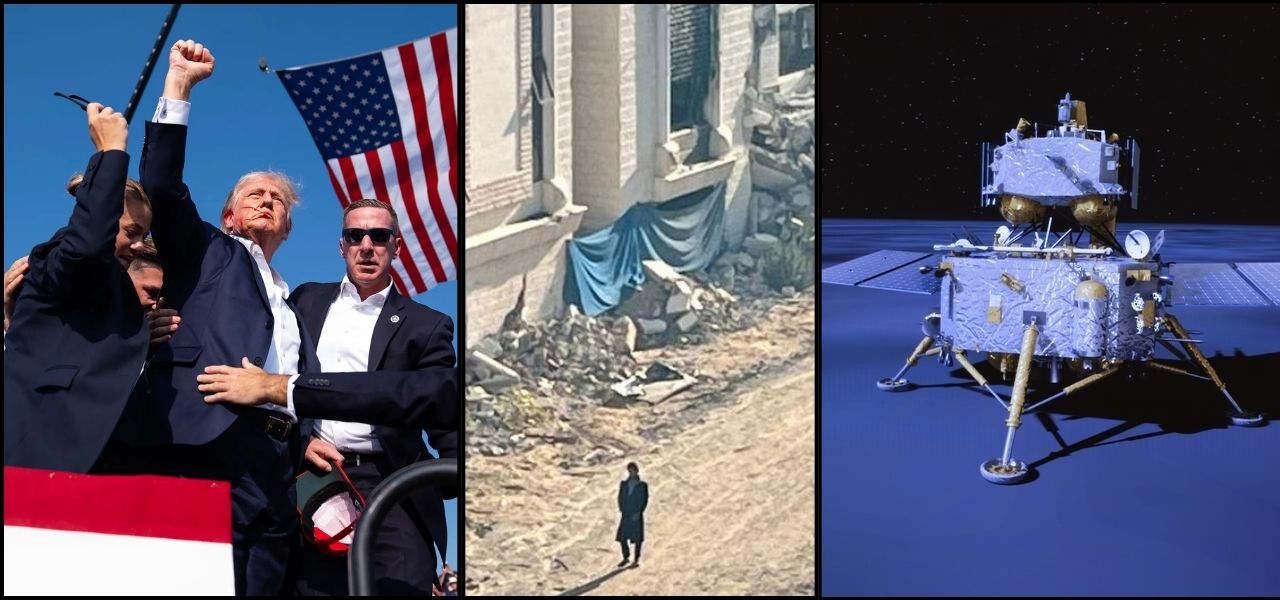As 2024 ends, the world reflects on a year marked by pivotal events in politics, conflict, economics, and science.
These developments have profoundly influenced international relations and societal trends.
We have gathered all the information regarding the 2024 events that changed the landscape and left their marks in history. Parhlo highlights the top political events that shaped the year.
Top Political Events In 2024 That Changed Everything Globally
Escalating Conflict in the Middle East

The Middle East endured heightened turmoil as the conflict between Israel and Hezbollah escalated beyond previous patterns of controlled retaliation. In October, Israel launched a large-scale military operation into southern Lebanon, initiating a war more intense than the 2006 conflict. The fighting expanded to involve Hamas from Gaza, Hezbollah, and Houthi forces from Yemen.
Also Read: Israeli strikes kill 47 Palestinians in central Gaza
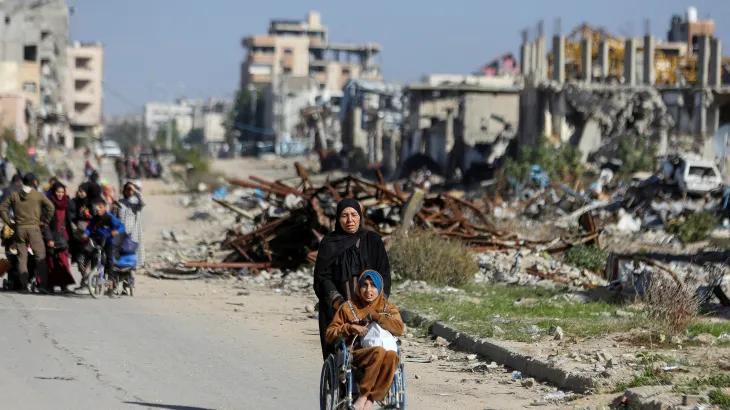
By December, the death toll reached nearly 50,000, with millions affected. Although Israel and Hezbollah reached a temporary ceasefire in late November, negotiations with Hamas stalled, leaving peace prospects uncertain.
Donald Trump’s Return to the White House
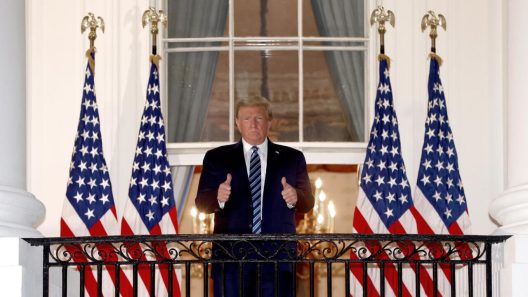
The U.S. political landscape shifted dramatically as Donald Trump secured a decisive victory over Democratic candidate Kamala Harris in the November presidential election. Trump became the 47th President, while the Republican Party regained control of Congress. His “America First” agenda is expected to redefine U.S. domestic and foreign policies with broad global implications.
Collapse of the Syrian Government
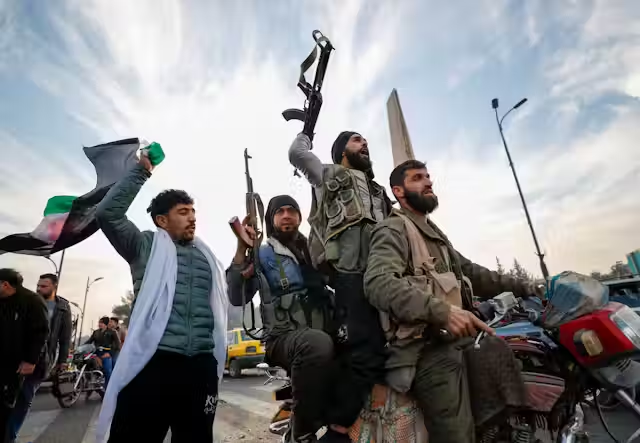
On December 8, after 13 years of civil war, opposition forces seized Damascus, forcing President Bashar al-Assad to flee. This marked the end of his regime but also raised concerns over potential instability in Syria and neighboring regions. The international community faces the challenge of ensuring a peaceful transition and addressing the ongoing humanitarian crisis.
New Developments in the Russia-Ukraine War
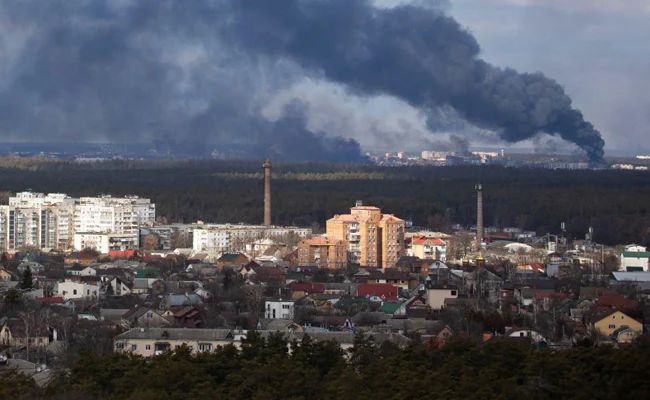
The Russia-Ukraine war escalated with unprecedented developments. In August, Ukrainian forces carried out cross-border raids into Russia’s Kursk region, marking the first such assault since World War II. Later in November, Kyiv deployed Western-supplied missiles to strike deep into Russian territory. Moscow retaliated with hypersonic missile strikes and amended its nuclear doctrine. The December assassination of Russian General Igor Kirillov further intensified tensions. Despite calls for negotiations, major differences hinder a resolution.
Global Economic Resilience Amid Challenges
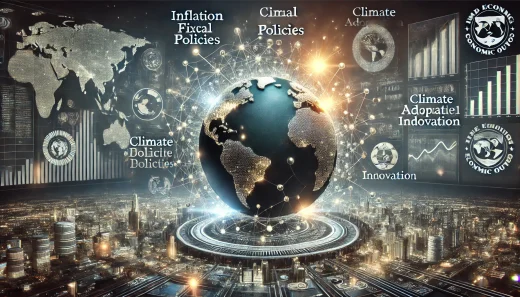
The global economy showed signs of recovery despite challenges like geopolitical conflicts and trade disputes. The International Monetary Fund (IMF) forecasted a 3.2% growth rate for 2024, spurred by adjusted monetary policies. The U.S. Federal Reserve implemented its first interest rate cuts in four years, accompanied by similar moves from other central banks, aiming to stimulate growth.
Attempt to Assassinate Donald Trump
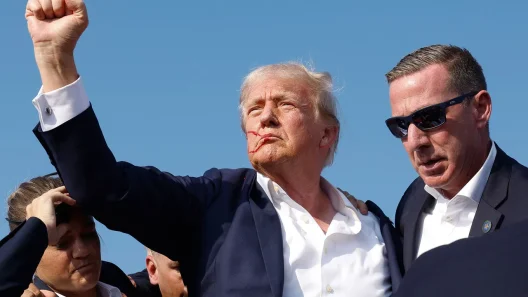
Former U.S. President Donald Trump sustained a minor injury to his ear during a failed assassination attempt on July 13, 2024, at a campaign rally in Pennsylvania. The attack claimed the life of one spectator and critically injured two others. Trump’s campaign confirmed he is safe.
The incident unfolded as Trump delivered his speech roughly six minutes into the rally in western Pennsylvania. Shots were fired from an elevated position on a rooftop near the venue. Trump reacted by grabbing his right ear and dropping to the floor, where Secret Service agents immediately covered him for protection.
The agents quickly escorted Trump offstage and into a waiting vehicle while securing the area. The shooter, later identified by the FBI as 20-year-old Thomas Matthew Crooks from Bethel Park, Pennsylvania, was found dead at the scene. The motive for the attack remains unclear.
The attack disrupted the rally, and authorities are continuing to investigate the circumstances surrounding the shooting. This incident underscores ongoing concerns about the safety and security of political leaders during public events.
Julian Assange freed
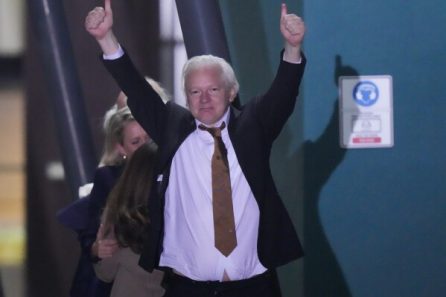
Julian Assange, 52, pleaded guilty to a single conspiracy charge to obtain and disclose classified U.S. national defense documents, according to a filing in the U.S. District Court for the Northern Mariana Islands.
After being released from the UK’s high-security Belmarsh prison, Assange was escorted to an airport, where he departed the country. He later appeared in a court in Saipan, a U.S. Pacific territory, where he was sentenced to 62 months, a period equivalent to the time he had already served.
“Julian Assange is free,” WikiLeaks announced in a statement on X. “He left Belmarsh maximum-security prison on the morning of June 24 after spending 1,901 days there. The High Court in London granted him bail, and he was released at Stansted Airport in the afternoon, where he boarded a flight and left the UK.”
Rise of Right-Wing Politics in Europe
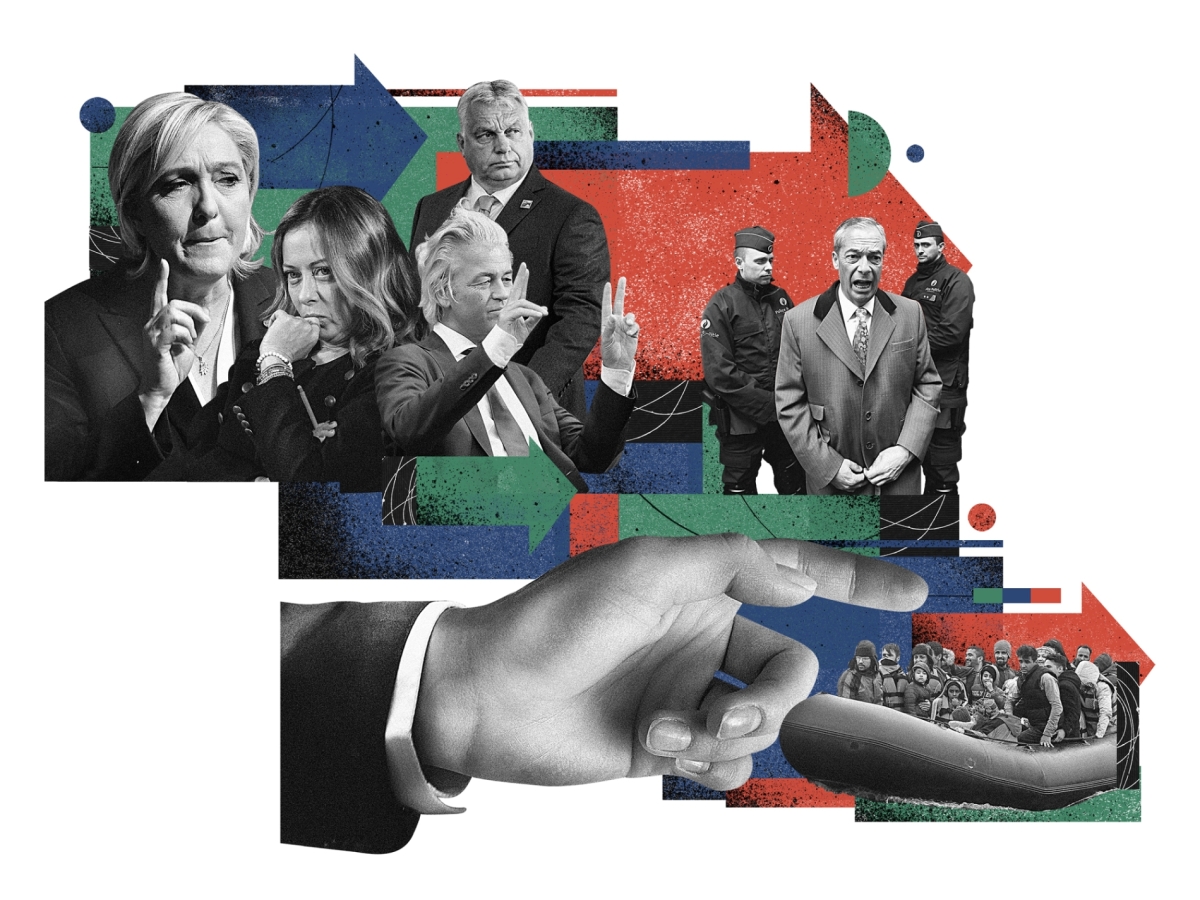
Europe witnessed a strong surge in right-wing and nationalist movements during parliamentary elections, leading to political instability. Key developments included the collapse of governments in France and Germany after failing confidence votes. The rise of these movements poses challenges to the European Union’s unity and its capacity to address global issues collaboratively.
The United Nations Global AI Resolution
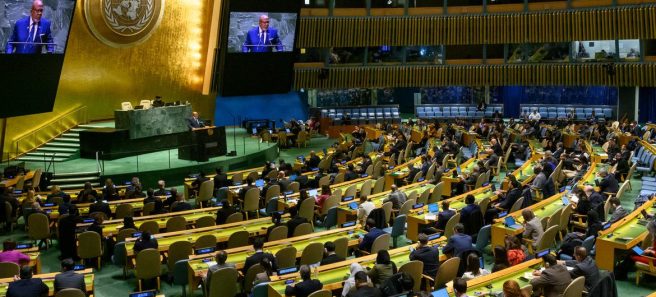
In March, the United Nations General Assembly adopted its first resolution on artificial intelligence (AI), promoting safe and ethical AI systems for sustainable development. Regional initiatives also gained momentum, with ASEAN introducing AI governance guidelines and the European Union implementing its AI Act to balance innovation with citizen protection.
Also Read: Is Pakistan’s first AI influencer a fraud? The answer might surprise you
Lunar Milestone: China’s Chang’e-6 Mission
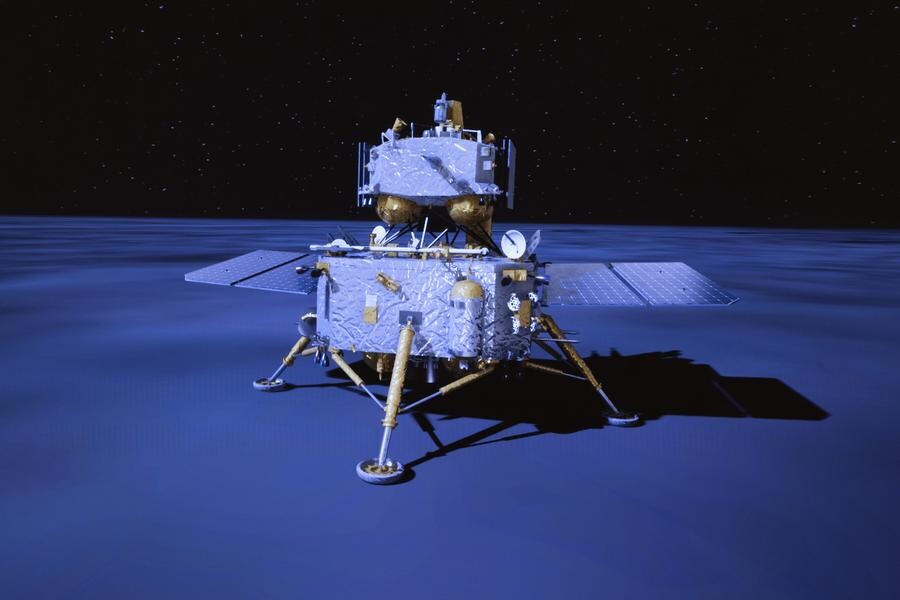
China achieved a historic milestone in space exploration with the Chang’e-6 mission. The spacecraft returned lunar samples from the Moon’s far side, providing researchers with unique materials to study its geological history. This breakthrough reaffirmed China’s role as a leader in space exploration.
Also Read: Pakistan’s First Moon Landing Mission to be launched on Friday in China
Bangladesh General Election
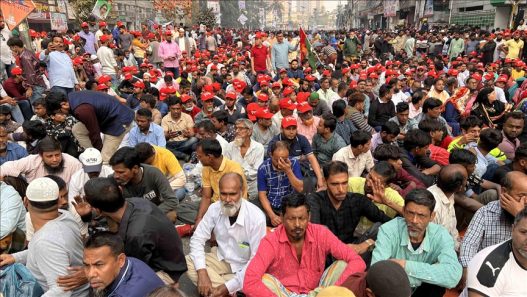
Independent candidates secured 63 seats in the parliamentary elections, the second-highest number after Sheikh Hasina’s Awami League, which won 222 seats. This outcome has raised concerns about the absence of a strong parliamentary opposition.
Many of the winning independents were individuals previously denied an Awami League ticket but encouraged by the party leadership to run, ostensibly to create the impression of competitive elections on the global stage.
“This is a bizarre outcome of a bizarre election,” commented a Bangladesh rights activist. “Dummy candidates in a manipulated election will now lead to a superficial parliament.”
The main opposition party, the Bangladesh Nationalist Party (BNP), boycotted the elections, citing a lack of neutrality under Hasina’s administration and demanding an independent entity to oversee the balloting process.
Iran’s President Ebrahim Raisi dies in air crash
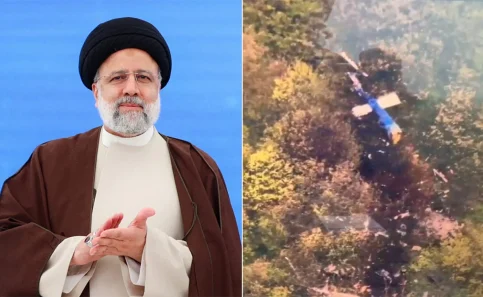
Iranian President Ebrahim Raisi and seven others tragically lost their lives on May 19 when their helicopter crashed near the border with Azerbaijan.
The incident was confirmed by Major General Hossein Salami, the commander-in-chief of the Islamic Revolution Guard Corps (IRGC). Among the deceased were Iran’s Foreign Minister Hossein Amir-Abdollahian, East Azerbaijan’s governor Malek Rahmati, and Ayatollah Mohammad Ali Al-e Hashem, Tabriz’s Friday prayer leader and Supreme Leader Ali Khamenei’s representative in East Azerbaijan.
Also Read: Pakistan Calls on August 2 a National Mourning Day Over Ismail Haniyeh’s Assassination
The other victims included IRGC Brigadier General Mohammad Mehdi Mousavi, head of the president’s security detail, as well as pilots Colonel Mohsen Daryanush, Colonel Seyyed Taher Mostafavi, and technician Major Behrouz Qadimi.
Following the tragedy, reformist presidential candidate Masoud Pezeshkian was elected as Iran’s new president, succeeding Ebrahim Raisi.
Conclusion
In 2024, the world witnessed events that reshaped political landscapes, intensified global conflicts, and highlighted scientific advancements. From pivotal changes in leadership to unprecedented developments in warfare, these moments offered both challenges and opportunities. As nations navigated complex economic recoveries and addressed urgent social issues, they also showcased resilience and innovation. These transformative events will likely influence global trajectories for years to come, leaving an enduring impact on history.

